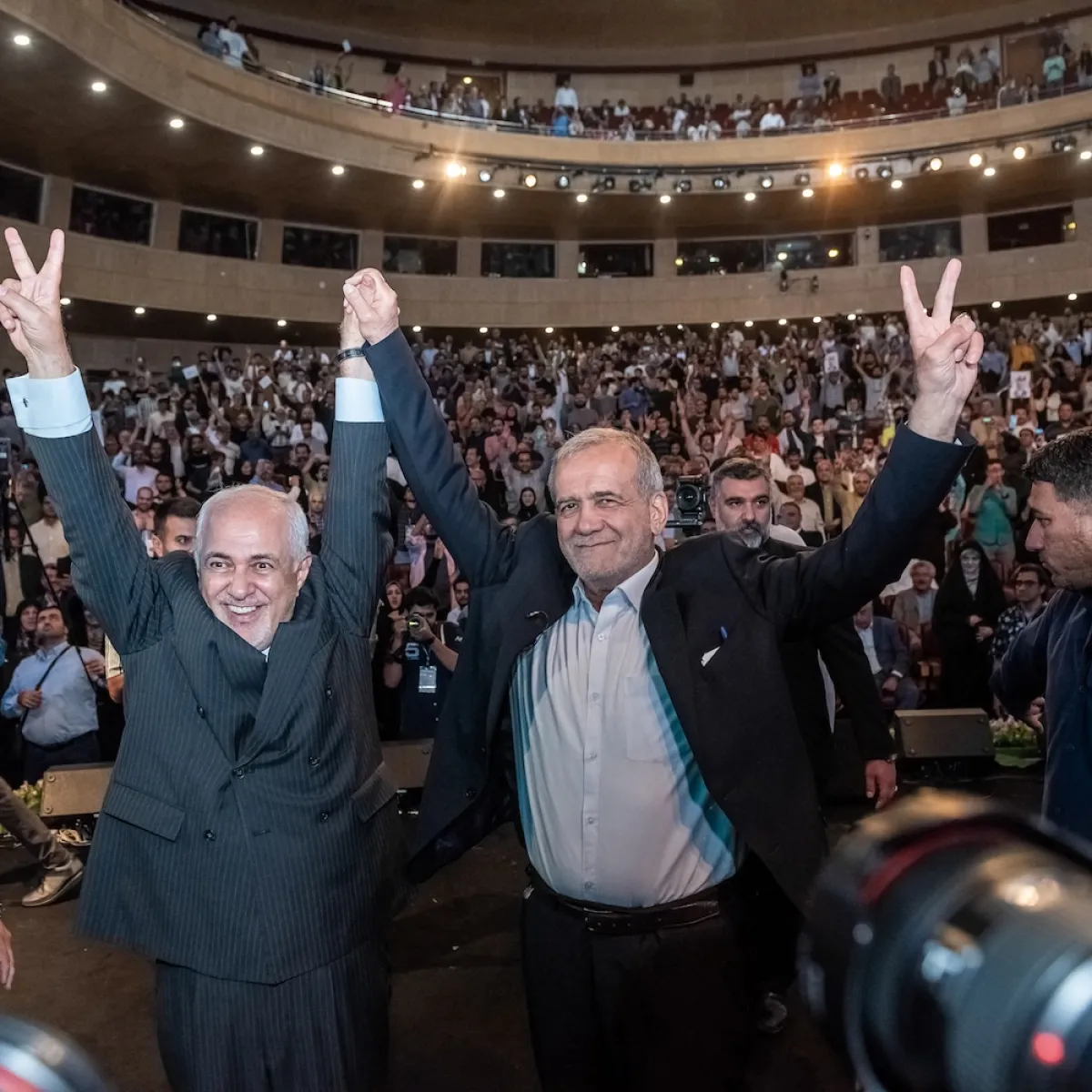As the United Nations General Assembly convenes for its annual session, the world’s attention is drawn to the intricate diplomatic maneuvering between Iran, European nations, and the United States. With the U.S. presidential election on the horizon, these diplomatic interactions are poised to influence global politics and shape the future of international relations, particularly in the context of the ongoing tensions in the Middle East.
The Context: A Tense Diplomatic Landscape
The diplomatic landscape surrounding Iran and its relations with Europe and the United States is complex and fraught with historical and contemporary challenges. The upcoming U.S. election adds an additional layer of uncertainty, with potential implications for how different actors approach negotiations and policy decisions.
- Iran’s Position:
Iran, under the leadership of President Ebrahim Raisi, continues to face scrutiny over its nuclear program, regional influence, and human rights record. The country is seeking to advance its interests while navigating the complexities of international diplomacy and internal pressures. - European Involvement:
European nations, particularly those involved in the Joint Comprehensive Plan of Action (JCPOA) negotiations, are striving to maintain diplomatic engagement with Iran. The European Union’s efforts to mediate between Iran and the U.S., and to address issues related to nuclear non-proliferation and regional stability, are critical components of this diplomatic dynamic. - U.S. Election Impact:
The looming U.S. presidential election introduces a significant variable into the diplomatic equation. The outcome of the election could result in shifts in U.S. foreign policy, affecting its approach to Iran and its interactions with European allies. Both major U.S. political parties have different stances on Iran, which could influence negotiations and policy direction.
Key Issues on the Diplomatic Agenda
At the UN, several key issues are expected to dominate the discussions between Iran, European nations, and the U.S.:
- Nuclear Negotiations:
The revival of the JCPOA, also known as the Iran nuclear deal, remains a central focus. Discussions will likely center on Iran’s compliance with nuclear commitments, potential sanctions relief, and the broader goal of preventing Iran from developing nuclear weapons. European nations, alongside the U.S., aim to address these issues while balancing Iran’s demands and international non-proliferation goals. - Regional Stability:
Iran’s role in regional conflicts, including its involvement in Syria, Yemen, and Iraq, is another major concern. European countries and the U.S. are seeking to address these issues through diplomatic channels, aiming to de-escalate tensions and promote stability in the Middle East. - Human Rights and Sanctions:
Human rights violations in Iran and the impact of international sanctions on the Iranian population are contentious issues. European nations and human rights organizations are likely to raise concerns about Iran’s domestic policies and their implications for international relations. - Diplomatic Engagement Strategies:
With the U.S. election approaching, both Iran and European nations are strategizing their diplomatic approaches. Iran may seek to leverage its position to secure concessions or enhance its international standing, while European countries will aim to facilitate dialogue and prevent further deterioration of relations.
Diplomatic Moves and Strategies
- Iran’s Diplomatic Approach:
Iran is expected to engage in assertive diplomacy, using the UN platform to highlight its grievances and demands. The country may seek to capitalize on the uncertainty surrounding the U.S. election to push for favorable terms in negotiations and to gain support from other global players. - European Mediation Efforts:
European countries, particularly France, Germany, and the UK, are likely to continue their role as mediators in the Iran-U.S. negotiations. Their strategy will involve balancing diplomatic engagement with pressure tactics to ensure compliance with international agreements and to address regional security concerns. - U.S. Election Influence:
The U.S. election will influence diplomatic strategies on all sides. Depending on the election outcome, there could be shifts in U.S. policy toward Iran, including potential changes in the approach to the JCPOA, sanctions, and regional engagements. Both Iran and European nations are closely monitoring the election to anticipate and respond to any policy changes.
Potential Outcomes and Implications
The interactions between Iran, European nations, and the U.S. at the UN could lead to several potential outcomes:
- Renewed Negotiations:
Successful diplomacy could lead to renewed negotiations and potential agreements on key issues, including the nuclear deal and regional stability. This could pave the way for de-escalation and improved international relations. - Increased Tensions:
Conversely, if diplomatic efforts fail or if new conflicts arise, tensions could escalate. This could result in further sanctions, increased regional instability, and strained relations between the involved parties. - Shifts in International Alliances:
The diplomatic dynamics at the UN may also impact international alliances and influence global geopolitical strategies. The outcome of the U.S. election, combined with the ongoing negotiations, could reshape the landscape of international diplomacy.
Conclusion
As the UN General Assembly convenes, the diplomatic interactions between Iran, European nations, and the United States are set to play a crucial role in shaping the future of international relations. The looming U.S. election adds a layer of complexity to these discussions, influencing diplomatic strategies and potential outcomes. The world will be closely watching as these key players navigate the challenges and opportunities presented by the evolving geopolitical landscape.
